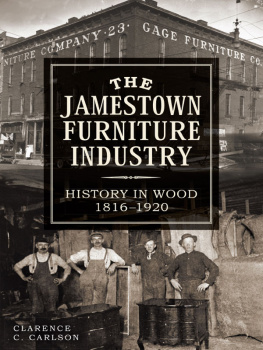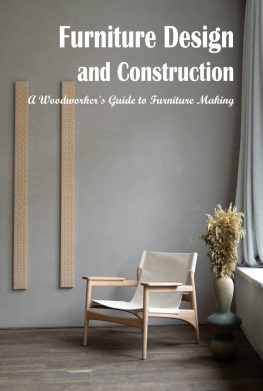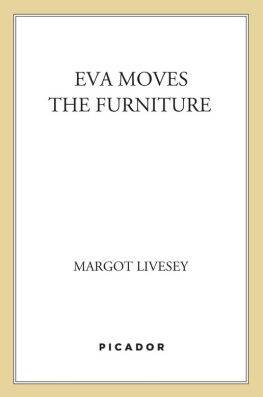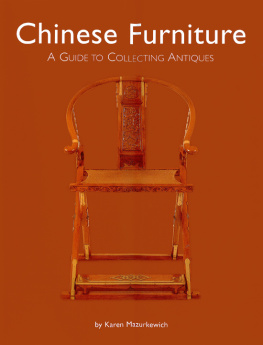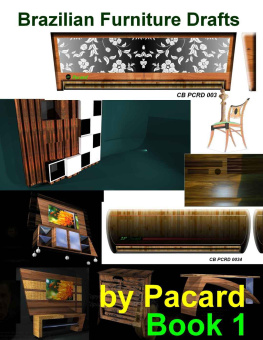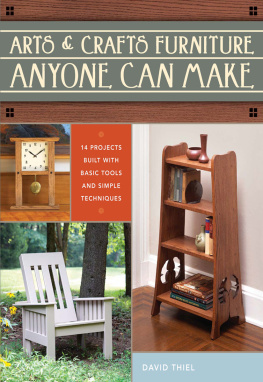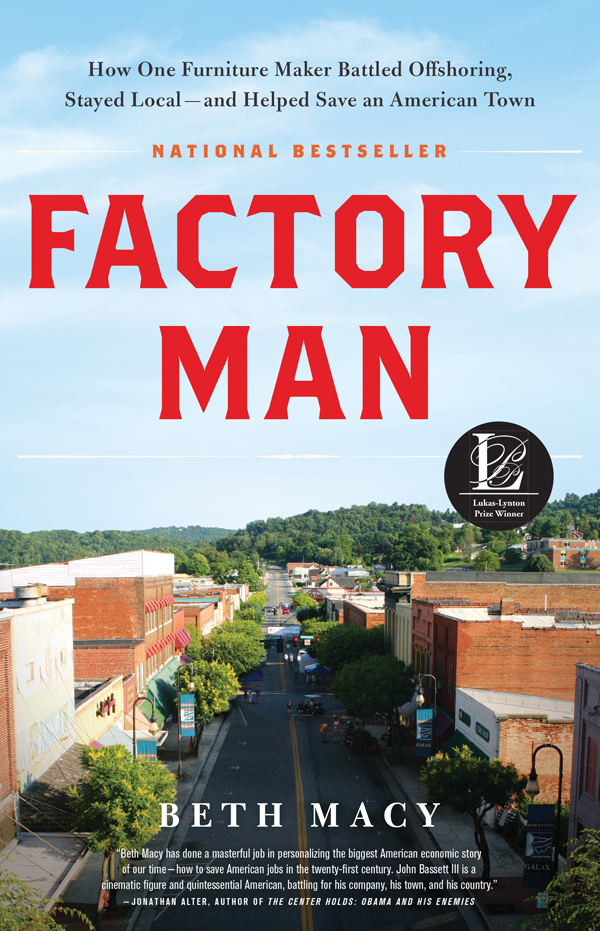Thank you for buying this ebook, published by Hachette Digital.
To receive special offers, bonus content, and news about our latest ebooks and apps, sign up for our newsletters.
For more about this book and author, visit Bookish.com.
Copyright 2014 by Beth Macy
Cover design by Lauren Harms
Cover photograph of Galax, VA, Main Street by Cyoung9 / Wikimedia
Cover copyright 2014 Hachette Book Group, Inc.
All rights reserved. In accordance with the U.S. Copyright Act of 1976, the scanning, uploading, and electronic sharing of any part of this book without the permission of the publisher constitute unlawful piracy and theft of the authors intellectual property. If you would like to use material from the book (other than for review purposes), prior written permission must be obtained by contacting the publisher at permissions@hbgusa.com. Thank you for your support of the authors rights.
Little, Brown and Company
Hachette Book Group
237 Park Avenue, New York, NY 10017
littlebrown.com
twitter.com/littlebrown
facebook.com/littlebrownandcompany
First ebook edition: July 2014
The publisher is not responsible for websites (or their content) that are not owned by the publisher.
The Hachette Speakers Bureau provides a wide range of authors for speaking events. To find out more, go to hachettespeakersbureau.com or call (866) 376-6591.
Natasha Tretheway interview reprinted by permission of Garden & Gun.
We Cant Make it Here lyrics courtesy of James McMurtry.
Furniture Factory Blues lyrics quoted by permission of Eddie Bond.
RFD Parade lyrics written by and quoted by permission of Russ Ashburn.
Family tree by Andrew Svec / Courtesy of The Roanoke Times.
ISBN 978-0-316-23156-5
E3
For all the worlds factory workers, past and present, and especially for my long-ago factory mom, Sarah Macy Slack, whose airplane lights I still imagine I can glimpse, up among the stars
Black cat, white cat, all that matters is that it catches mice.
T ENG H SIAO-PING

J ohn D. Bassett III was snaking his way through the sooty streets of rural northern China on a three-day fact-finding mission. It was 2002, and the third-generation Virginia furniture maker was gathering ammunition for an epic battle to keep the sawdust in his factory flying. He was close to the border of North Korea, on the hunt for a dresser built in the style of a nineteenth-century French monarch. If he could find the man whod made that damn Louis Philippe, he might just save his business.
Back at Vaughan-Bassett, his factory in Galax, line workers had already deconstructed the dresser piece by piece and proved that the one hundred dollars the Chinese were wholesaling it for was far less than the cost of the materialsa violation of World Trade Organization laws. The sticker on the back read Dalian, China, and now here he was, some eight thousand miles away from his Blue Ridge Mountains, trying to pinpoint the source of the cheap chest of drawers.
It was November and snowy. The car creaked with every icy pothole it hit.
Word had already reached him through a friendly translator a few months earlier: There was a factory owner in the hinterlands, a hundred miles outside of Dalian, whod been bragging that he was going to bring the Bassett furniture family down.
If they were going to war, Bassett told his son Wyatt, their family needed to heed Napoleons advice: Know your enemy.
Today, for once in his life, JBIII sat silent. The car lurched along northward, farther into the remote province of Liaoning.
The first time John Bassett visited an Asian factory was in 1984, and it was only after dinner and way too many drinks that an elderly factory owner in Taiwan revealed his real opinion of American business leaders. The man was so candid that at first, his own interpreter clammed up, refusing to translate his words.
The Taiwanese businessman had negotiated plenty of deals with Europeans and South Americans, but hed never met people quite like the Americans.
What do you mean? JBIII pressed.
I have figured you guys out, the translator finally relayed.
Tell me.
If the price is right, you will do anything. We have never seen people before who are this greedyor this naive.
The Americans were not only knocking one another over in a stampede to import the cheapest furniture they could but they were also ignoring the fact that they were jeopardizing their own factories back home by teaching their Asian competitors every nuance of the American furniture-making trade.
When we get on top, the man said, dont expect us to be dumb enough to do for you what youve been dumb enough to do for us.
It would take many more trips to Asia before it became clear to JBIII what the Taiwanese furniture maker meant. During that time, two events helped ensure China would indeed get on top: Chinas admission into the WTO, and the great exodus of 160 million rural Chinese to the citiesthe largest migration in human history.
It would take the hundred-dollar dresser and getting eyeball-to-eyeball with the man behind it before JBIII fully understood the battle he was about to enter. The rules of war had changeddrasticallyand cowboy capitalism seemed to be the only rule of international trade.
It was cold inside the factory where Bassett finally met with businessman and Communist Party official He YunFeng in northern China in November 2002. The workers breath froze in little puffs of vapor. The Chinese furniture magnate looked him in the damn eye, Bassett recalled. Then he said something that raised the hair on the back of the Virginians neck.
He YunFeng would be happy to provide Bassett with the dressers at a fraction of what they cost to make, a feat Bassett knew would not be possible without Chinese government subsidies. All Bassett had to do in return, He YunFeng said, was close his own factories.
Close his factories? John Bassett pictured the whole lot of his hard-charging forebears turning en masse in their graves. He thought of his 1,730 workersplainspoken mountain types, many of whom had followed their parents and grandparents into the factoriesstanding in unemployment lines instead of assembly lines. He thought of the smokestacks that for a century had borne his familys name and of the legacy he wanted to leave his kids.
Back at home, he felt alone in the industry, with only his two sons and his scrappy little factories. He was the last American furniture maker willing to raise hell about what was happening. If he could prove the Chinese were selling the product below the cost of the materials, if he could prove their factories were buoyed by Communist government subsidies in an illegal price dump designed to drive American companies out of business, then his company just might survive. If he could convince a majority of his industry to join him in persuading the U.S. Department of Commerce and the U.S. International Trade Commission of the truth, maybe the entire industry could be saved.


